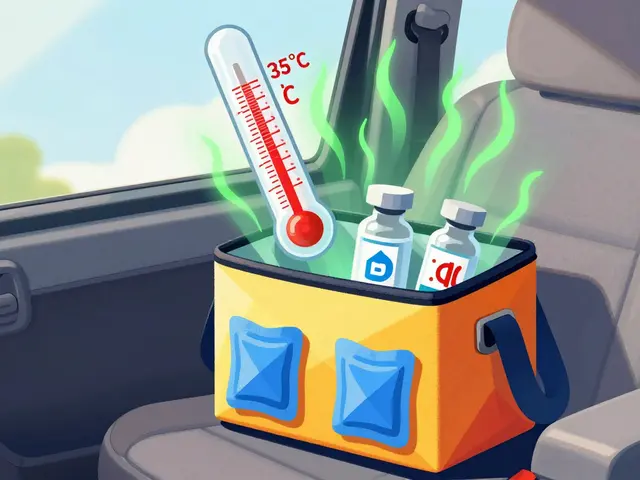Lung Health: What You Need to Know to Breathe Easier
Taking care of your lungs isn't just for smokers or people with breathing problems—it's something everyone should think about. Healthy lungs mean better energy, less coughing, and a lower risk of serious diseases like asthma or COPD. But what exactly can you do to keep your lungs in good shape? Let's break it down into simple, real-world tips you can start using now.
How Smoking and the Air You Breathe Affect Your Lungs
If you smoke, quitting is the single best thing you can do for your lung health. Smoking damages the tiny air sacs where oxygen gets into your blood and messes with your body’s ability to fight off infections. Even if you don’t smoke, breathing polluted air or secondhand smoke can cause similar problems.
Think about how often you check the air quality in your city. On days with heavy pollution, try to stay indoors and keep windows closed. If you work or live somewhere with a lot of dust or chemicals, wearing a mask could really protect your lungs in the long run.
Simple Habits That Boost Lung Strength and Function
Exercise is a great way to make your lungs more efficient. Activities like walking, swimming, or biking get your heart pumping and your lungs expanding more deeply. That helps increase your lung capacity and keeps your breathing smooth.
Also, practicing breathing exercises can make a big difference—especially if you have asthma or other lung conditions. Techniques like deep belly breathing or pursed-lip breathing can ease shortness of breath and make everyday activities feel easier.
Don’t forget to stay hydrated. Drinking enough water keeps the mucosal linings in the lungs thin. Thin mucus helps the lungs trap and clear out dirt and germs better.
Finally, keep an eye on symptoms like persistent cough, wheezing, or shortness of breath. These aren't just minor annoyances; they can signal that your lungs need medical attention. Early diagnosis makes treatment more effective and keeps your lungs healthier longer.
Taking care of your lungs doesn't have to be complicated. Avoid smoking, watch your environment, exercise regularly, and listen to your body. These straightforward steps can protect your lungs so you can keep breathing easy for years to come.





